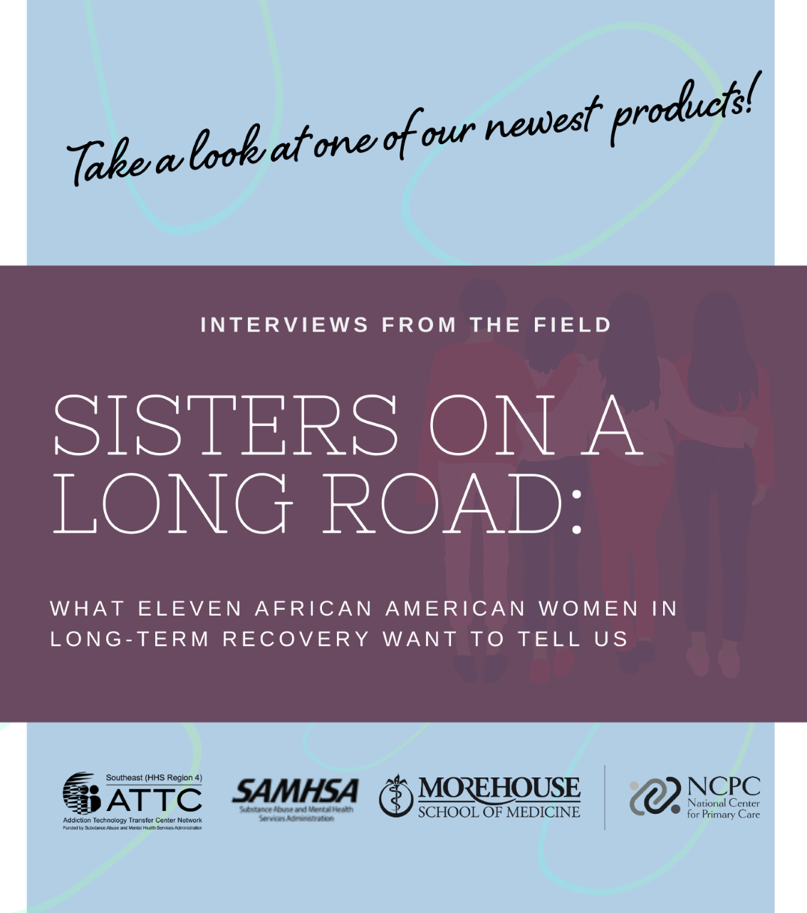
Focus on the impact of implicit bias and microaggression disparities experienced by African Americans in substance use treatment.
Contribute to the body of literature and research on the nuanced view of African-American equity/disparities regarding retention to SUD treatment.
To engage and lead the conversation surrounding African American racial disparities in substance use treatment and recovery.
Provide training and technical assistance to mental health and substance use disorder providers and primary care physicians who seek to elevate cultural competence efforts to employ evidence-based strategies to address SUD challenges for African-Americans.
The investigator, co-author Dawn Tyus, sought to learn about the realities, needs, strengths, and challenges of African American women in treatment and recovery. And she did it by asking women in long-term recovery about their own experiences and observations in treatment and early recovery, and about the wisdom they had earned through the years.
Those interviews yielded a wealth of knowledge, experience, and ideas for treatment and recovery support. They will form the backbone of a collection of guidelines for treatment and peer-based recovery support for African American women, to be published this year (2020) by the Southeast Addiction Technology Transfer Center (Southeast ATTC) at Morehouse School of Medicine in Atlanta. But first, this article introduces eleven extraordinary women and some of their early treatment and recovery experiences and lessons